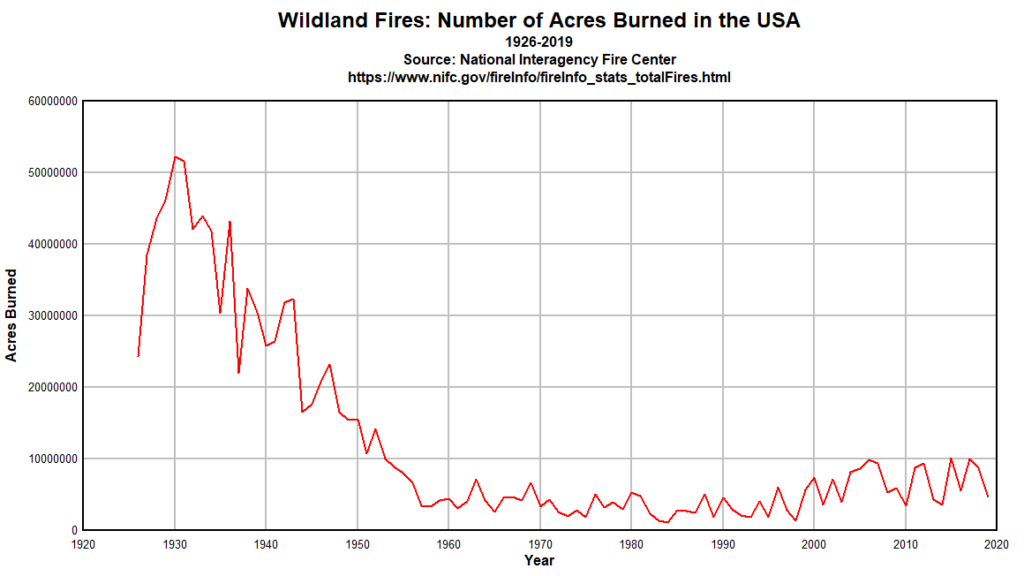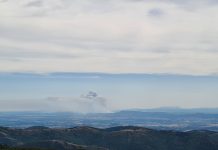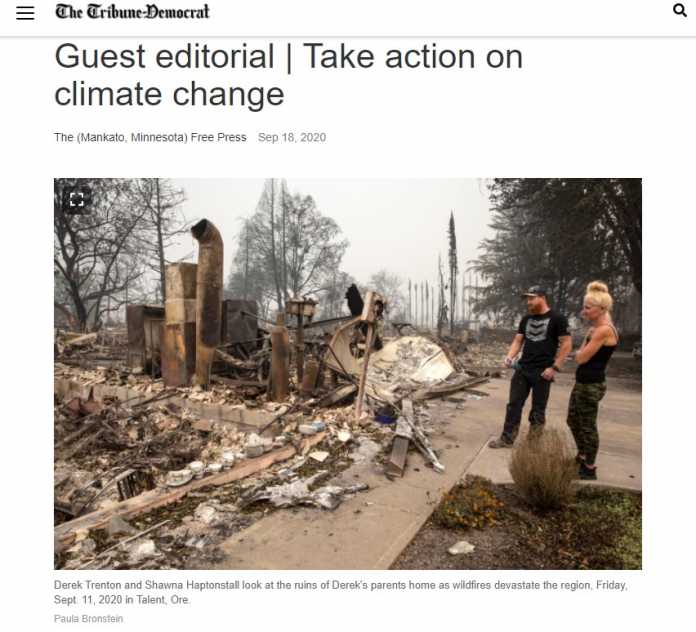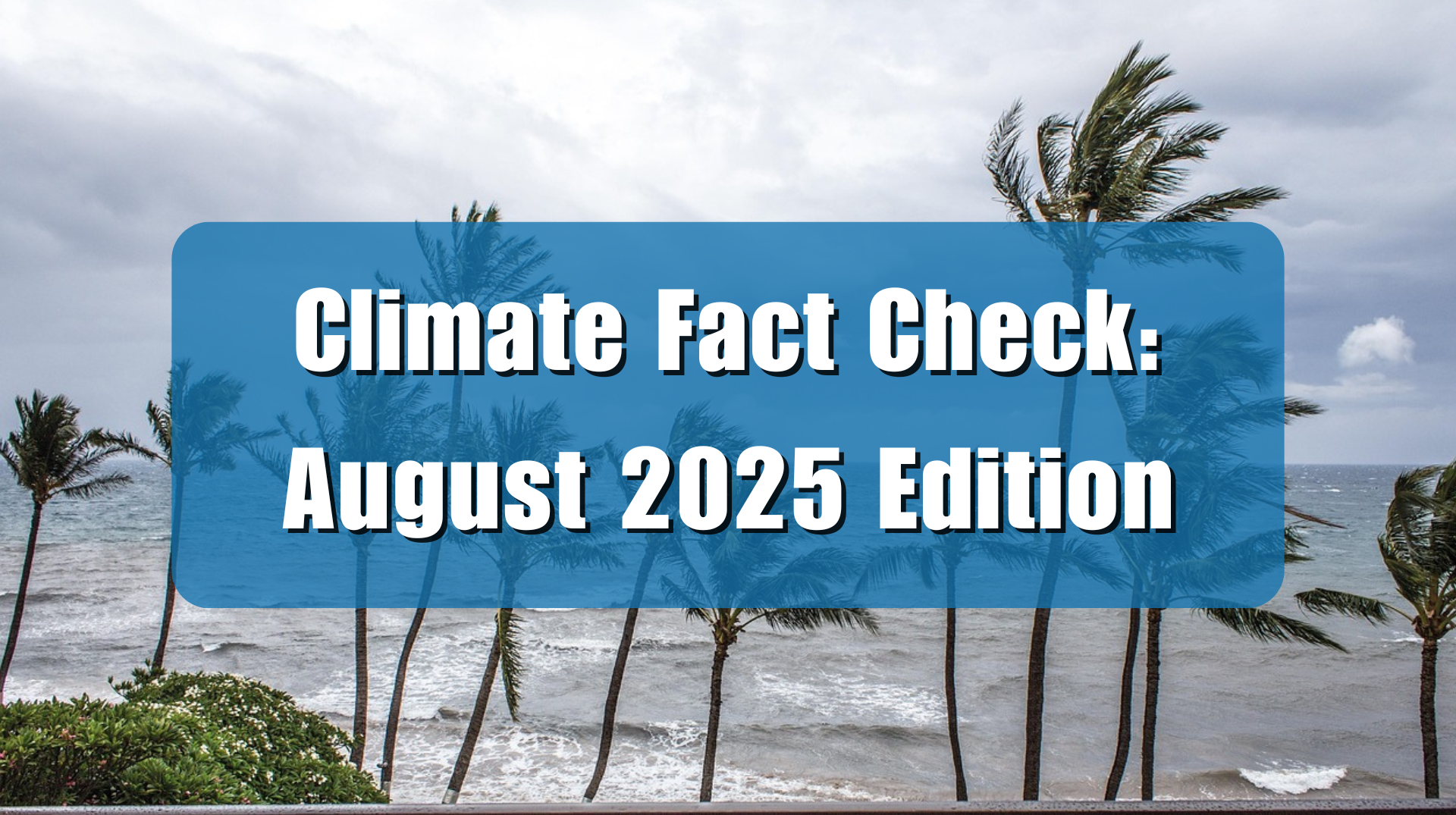This is response part 2, see part1 here
Almost every factual claim Paula Bronstein makes in her guest editorial, titled, “Take action on climate change,” which ran in the Mankato, Minnesota Free Press and the Johnstown Tribune-Democrat, is wrong.
Limiting my responses to her false claims concerning drought and wildfires in the West, Bronstein asserts: “Oregon, California and Washington have seen historic wildfires that burn faster and farther than ever before and already have claimed dozens of lives. … Western states, in particular, have seen more severe droughts and high winds that fuel wildfires.”
Bronstein provides no evidence to support her claims of “historic wildfires” burning “farther than ever before,” which is unsurprising because the real-world measurements show she’s wrong.
Had she checked the actual data, Bronstein would have found the National Integrated Drought Information System (NIDIS), as cited in Climate at a Glance: Drought, reports droughts have declined recently, with the United States undergoing its longest period in recorded history without at least 40 percent of the country experiencing “very dry” conditions. Indeed, in 2017 and 2019, the United States registered its smallest percentage of land area experiencing drought in recorded history.

Graph by meteorologist Anthony Watts
The U.N. Intergovernmental Panel on Climate Change (IPCC) reports with “high confidence” precipitation over mid-latitude land areas of the Northern Hemisphere (including the United States) has increased during the past 70 years, while IPCC has “low confidence” about any negative trends globally.
Since droughts are a critical factor contributing to wildfires and they have declined dramatically, it should come as no surprise to learn, contra Bronstein’s claims, Western wildfires have also declined in acreage burned over the past century.
As reported in Climate at a Glance: Wildfires, long-term data from U.S. National Interagency Fire Center (NIFC) show wildfires have declined in number and severity since the early 1900s. Using data on U.S. wildfires from as far back as 1926, NIFC reports the numbers of acres burned is far less now than it was throughout the early 20th century, with the current acres burned running about 1/4th to 1/5th of the record values that occurred in the 1930s (See the figure1 above).
As bad as this wildfire season has been in terms of acres burned, it is nowhere near historic averages. Indeed, a 2007 paper in the journal Forest Ecology and Management found prior to European colonization in the 1800s, more than 4.4 million acres of forest and shrub-land in California burned annually, far more than the area of California that has burned since 2000, which ranges from 90,000 acres to 1,590,000 acres per year.
And a 2012 study published in the Proceedings of the National Academy of Sciences found wildfires in the western United States attained “the lowest levels … during the 20th century and during the Little Ice Age (LIA, ca. 1400–1700 CE [Common Era]). Prominent peaks in forest fires occurred during the Medieval Climate Anomaly (ca. 950–1250 CE) and during the 1800s.”
Both drought and wildfire frequency and severity have declined over the past 150 years. Those are the facts, meaning if Bronstein persists in her misguided beliefs, then she is the “climate denier”.






















[…] Part 2: Minnesota Editorial Gets the Facts Wrong on Climate Change,… […]
Californians have never heard of forest management, and if they have they do not believe it. Climate does not have one iota to do with forest fires. Drought is real and obviously if some fool drops a lighted match or fails to put out a campfire the underbrush will catch fire. Give up! These idiots will not listen or hear anything that opposes their mindset.